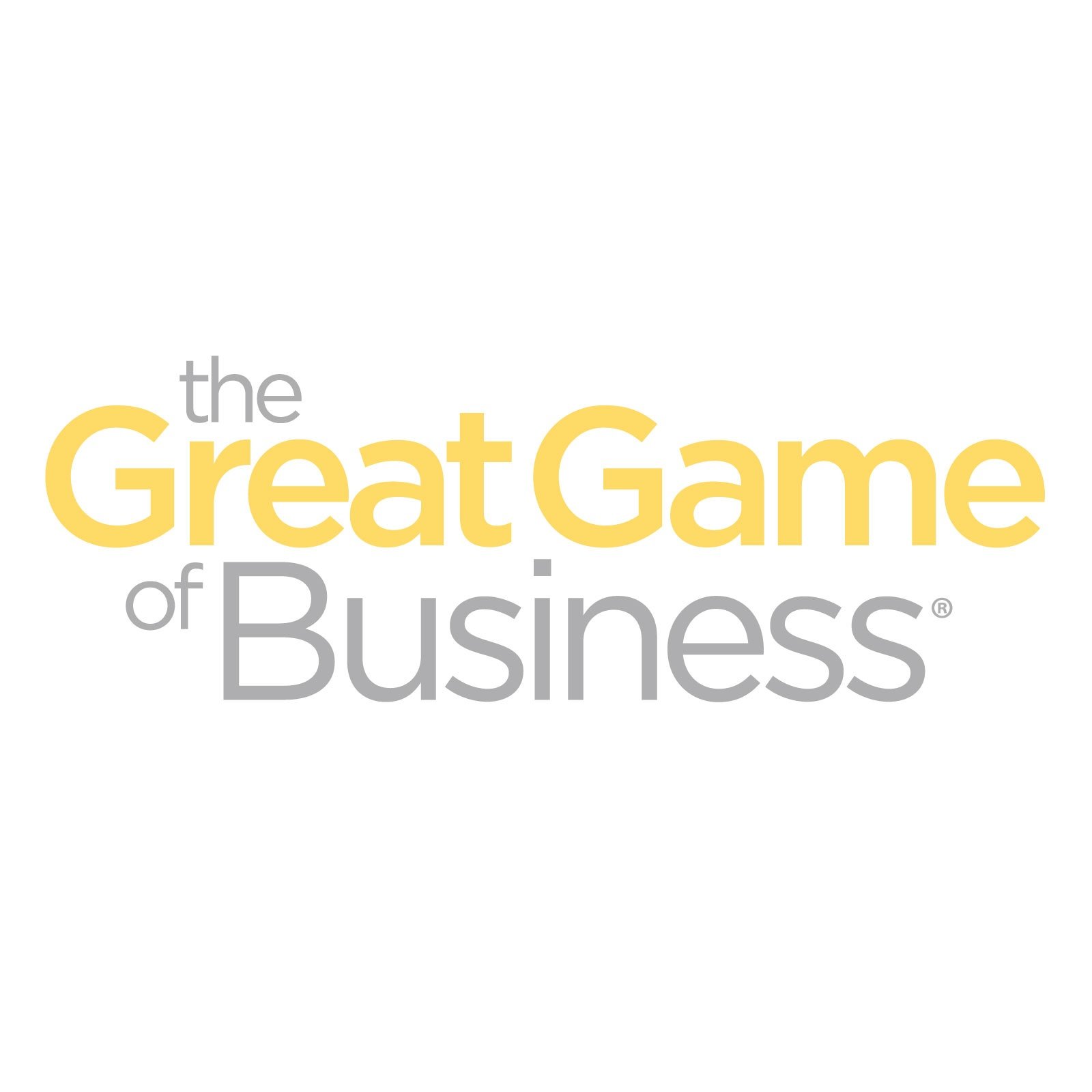After reading this blog on the NY Times Website, GGOB practitioner James Mauch wrote the author with the following response; we thought our GGOB community would enjoy his thoughts as well:
Your column today on loyalty in the workplace left me wanting. You positioned well an often discussed issue in business these day but offered very little by way of solutions. I have a suggestion.
Perhaps workers remained “loyal” to an employer 50 years ago because the culture didn’t support serial workplace monogamy. In fact, loyalty in the workplace, like the personal kind, means commitment despite periodically difficult times. Like the psychologist you mention, I believe that loyalty is a character trait of a lot of people. In a work context, those people are looking for an employer who is worthy of their personal commitment. I agree with you that fulfillment in the workplace is what most people you want desire for themselves. I also agree that a long-time employee who is productive and motivated is of “enormous value.” In my calculation, those employees have 3 times the economic value of a short time employee, regardless of skill and motivation. Just knowing the organization makes long-term employees more fluid in their work and interactions inside and outside of the organization, and therefore more productive. This calculus does not include the enormous cost of employee turnover itself.
So what is the answer? My company is an open book management company. That means that we view all of our employees as individual professionals. Our respect for their professionalism means that we ensure that they know what is going on in the place where they will spend more than half of their waking day, Monday through Friday (and some of the weekends when necessary.) Knowing what is going on starts with financial literacy training, continues with bi-weekly and monthly ‘huddles’ in which we continue to train and share detailed financial information about what we have accomplished against the plans that everyone helped create, and whether we are on track to reach the goals in front of us.
We use Jack Stack’s flavor of open book management called “The Great Game of Business,” the third leg of which is encouraging people to act like owners. Today, that part of the practice consists of agreed upon company-wide bonuses based on the financial results we work toward every day and track in the huddles. This process continually evolves as we move closer to providing our team members a “stake in the outcome” as Jack calls it.
Clearly our culture has changed and my children may be more serially monogamous with their employment than I have been. Their view of work may also have changed. But most people’s sense of loyalty has not changed in my estimation. The people most employers want as employees are people looking for purpose in their work and for employers who will earn their loyalty. Once those age old conditions are in place, the loyalty is freely given by those with the insight to recognize the value of that bargain.
I encourage you to do a little research into open book management systems in the workplace as a follow up to your inquiry into loyalty in the workplace. I would be happy to introduce you to the folks at Great Game of Business.
James Mauch
Tenmast Software
.png)







.png)




-5.png)

